In the intricate tapestry of human relationships, forgiveness and grace emerge as powerful and magical concepts that weave through the fabric of our interactions and our connection to everything. While these terms are often used interchangeably, they are a little bit different.
In summary, forgiveness involves one to let go of something that has been done onto them or that they have done to others with compassion. Grace on the other hand involves a power higher than one-self. When it is hard to forgive, then we turn it over to Grace (a universal flow, or source or god) to help to release this as we are unable to do it on our own and need some help.
Both foster empathy, healing wounds, and help cultivate compassionate connections.
Forgiveness: A Bridge to Healing
Forgiveness is a concept deeply ingrained in the human experience, transcending cultural and religious boundaries. It is the act of letting go of resentment, anger, or the desire for revenge towards someone who has wronged us. At its core, forgiveness is a personal decision to release the emotional burden of hurt and move forward. It is not about condoning the actions of others but freeing ourselves from the shackles of bitterness.
The process of forgiveness often involves acknowledging the pain caused, understanding the perspective of the wrongdoer, and ultimately choosing to release negative emotions. It’s a journey that requires courage and vulnerability, as individuals confront their own wounds and choose empathy over retaliation. This can be looking at whether someone has wronged us or we have wronged some-one else and need to be forgiven.
Forgiveness extends beyond a mere transaction between two parties; it is a profound internal transformation. When we forgive, we reclaim control over our emotions and open the door to personal growth. In the realm of relationships, forgiveness acts as a bridge, allowing individuals to rebuild trust and strengthen connections that may have been strained by transgressions.
Another huge benefit of forgiveness is that the release of this energy feels literally like a weight lifted. Is frees us and the other person from being connected to this heavy energy. And in that moment, it creates the space and allows a new energy to come in to replace it.
Grace: A Gift Beyond Deserving
Grace, on the other hand, carries a sense of unmerited favor and unconditional love. Unlike forgiveness, which often involves addressing specific wrongs, grace is a gift freely given, irrespective of the recipient’s actions or worthiness. It emanates from a place of compassion, understanding, and a willingness to embrace imperfection.
In the context of relationships, grace is a force that transcends judgment and condemnation. It goes beyond forgiving someone for a particular offense and extends to embracing them with love despite their flaws. Grace acknowledges the inherent humanity in each person and recognizes that everyone is navigating their own journey, complete with missteps and imperfections.
The act of extending grace is an exercise in empathy and compassion. It requires individuals to set aside their expectations and judgments, offering support and understanding even in the face of disappointment. Unlike forgiveness, which often necessitates the acknowledgment of wrongdoing, grace operates on a level of profound acceptance.
Grace is the vulnerability to turn it over to a higher power and ask for the help of grace and forgiveness when we are unable to let something go on our own. We invite in the universal law of the universe with unconditional love to help us let go the weight of this incident.
The Role of Self-Forgiveness:
While much of the discussion has focused on forgiving others and extending grace, it’s crucial to recognize the equally important aspect of self-forgiveness. In the intricate dance of human relationships, we are not only recipients but also perpetrators of hurt. Self-forgiveness involves acknowledging our own mistakes, releasing self-condemnation, and embracing personal growth.
Forgiving oneself is a complex journey that mirrors the process of forgiving others. It demands self-compassion, an understanding of the factors that led to certain actions, and a commitment to learning and growing from one’s experiences. Just as grace is extended to others regardless of deservingness, self-forgiveness involves recognizing our own humanity and offering ourselves the gift of compassion.
Conclusion:
In the intricate tapestry of human relationships, forgiveness and grace emerge as transformative forces that shape the way we connect with others. While forgiveness is a deliberate decision to release resentment and move forward, grace goes a step further, offering unmerited favor and unconditional love. Together, these concepts create a robust foundation for empathy, healing, and compassionate connections.
As we navigate the complexities of human interactions, understanding the nuances between forgiveness and grace empowers us to build resilient relationships. Whether mending the bonds of friendship, family, or romance, the interplay of forgiveness and grace fosters an environment where empathy triumphs over judgment, and love transcends the imperfections inherent in the human experience.


